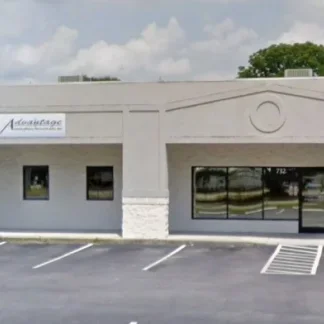Allied Behavioral Management
Allied Behavioral Management is a private rehab located in Whiteville, NC. Allie...
Advantage Behavioral Healthcare - Davis Avenue offers outpatient treatment for individuals with alcohol and/or substance addiction. The program includes individual counseling, group therapy, case management and more. Advantage Behavioral Healthcare - Davis Avenue is located at Whiteville, North Carolina.
Advantage Behavioral Healthcare shall provide progressive and innovative quality healthcare services in partnership with consumers, healthcare practitioners, hospitals and community resources to ensure each consumer is treated with the highest standards of Best Practice model treatment. They will promote healthy lifestyle changes, practices, and support services that will ensure the best possible care and quality of life for our consumers.
Contact us for more information: (910) 640-1038

Connect with Advantage Behavioral Healthcare by calling their admissions team directly.
(910) 640-1038 Website Get DirectionsGroup therapy is any therapeutic work that happens in a group (not one-on-one). There are a number of different group therapy modalities, including support groups, experiential therapy, psycho-education, and more. Group therapy involves treatment as well as processing interaction between group members.
In individual therapy, a patient meets one-on-one with a trained psychologist or counselor. Therapy is a pivotal part of effective substance abuse treatment, as it often covers root causes of addiction, including challenges faced by the patient in their social, family, and work/school life.
In individual therapy, a patient meets one-on-one with a trained psychologist or counselor. Therapy is a pivotal part of effective substance abuse treatment, as it often covers root causes of addiction, including challenges faced by the patient in their social, family, and work/school life.
Allied Behavioral Management is a private rehab located in Whiteville, NC. Allie...
Robeson Healthcare Corporation - Hill Plaza is a non-profit rehab located in Whi...
Rouse Counseling & Consulting is a private rehab located in Whiteville, Nort...